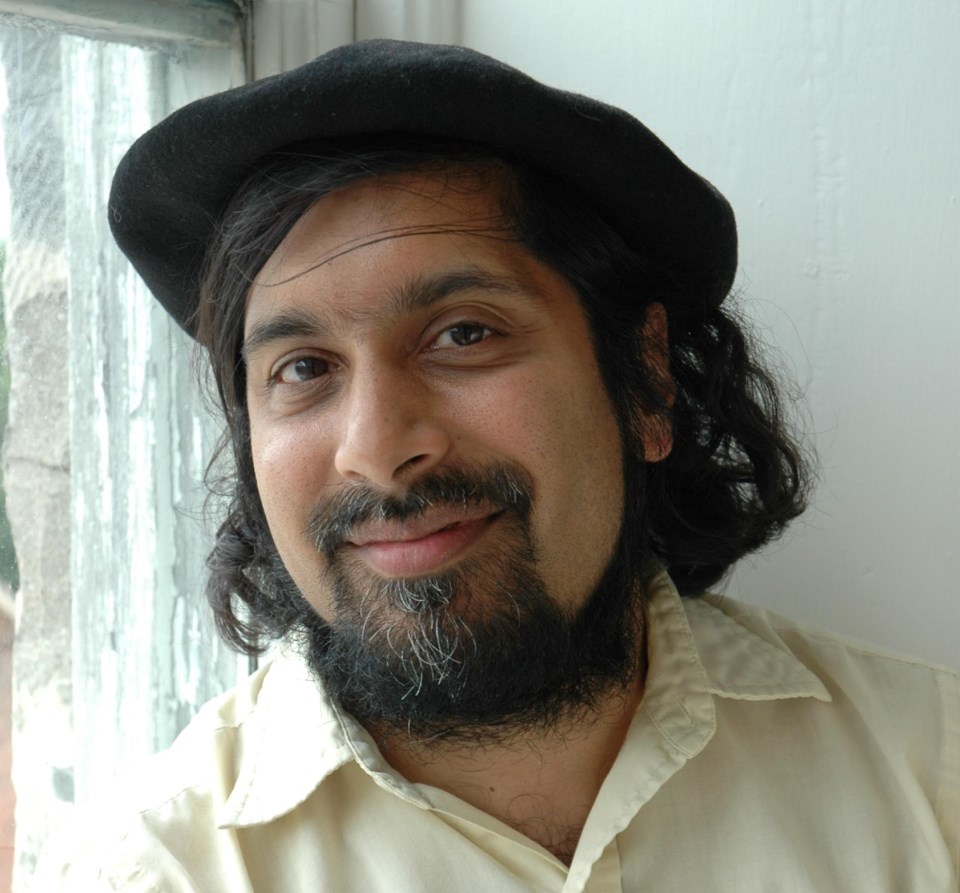A University of Guelph (U of G) professor has received a $100,000 award after winning the Killam Prize, given to Canadian scholars who have demonstrated excellence in academia in their respective fields.
“It’s quite an honour to have received such a prestigious award for work that I’ve been doing with a team of amazing people for probably about 15 years, so it’s great to have this recognition,” said Ajay Heble, award recipient and director of the International Institute for Critical Studies in Improvisation.
Heble along with four other Canadian scholars were each awarded $100,000.
“It’s huge because it’s always a struggle to fund projects,” said Heble.
His area of research is critical studies in improvisation, most of which is in the arts. He said it is a relatively new discipline, the goal was to start a new field of study.
“So we’re really interested in artistic improvisation and issues of social change,” he said.
“And there is a long and illustrious history especially within the context of African-American creative practice. If you think about jazz in the 1960s for example. African-American creative practice during that period in which … musicians used improvisation as a way to sound off against structures of fixity and structures of oppression,” Heble said.
He was the founding artistic director of the Guelph Jazz festival from 1994 to 2016, and retired from the role in 2016. In 1996 in addition to performances during the festival, an academic conference was included.
“There were people coming from all around the world to talk about things related to the music and it helped to build an audience for the music in a way that was really important,” said Heble.
The festival and conference were essential to building the field of critical studies in improvisation, he said.
In more recent times, the institute has worked with community partners like KidsAbility, which runs programs for children with physical and developmental disabilities. The institute conducted interviews with participants, staff and musicians in the program to try and understand the impact it has on the community, said Heble.
“I think as a core principle our work is committed to bringing together the academic world with the broader community,” he said.
ImprovLab is a research and performance space built at U of G, made possible by a previous grant the institute acquired. The facility has just been granted occupancy earlier this year. In the fall they hope to have a formal opening of the space, he said.
“It's possible that we might use some of the funding from this award to animate the space with some kind of activity,” Heble said.
In the works is the first in-person version of the Improvisation Festival. For the last three years it has been run online. "There are no shortage of projects and activities that ... with which we are engaged currently that ... will benefit from the funding." he said.
What Heble called stage three of critical studies in improvisation, is expanding the research to not only arts related fields but also other disciplines like engineering, environmental sciences, physics, computer science and law.
